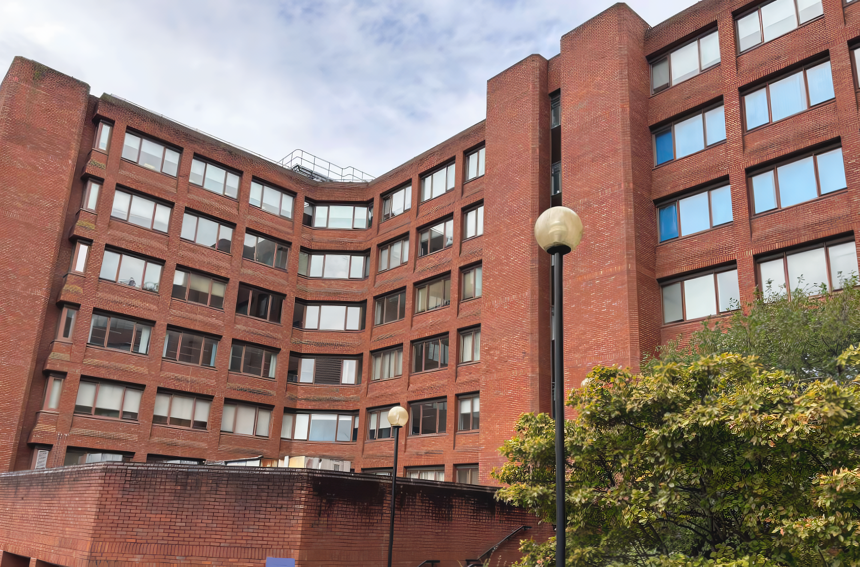Building society giving loan partly secured by collateral charges granted by defendants – Plaintiff seeking to realise security – Defendants seeking to have security set aside on grounds of misrepresentation by building society – Whether defence properly pleaded – Whether defendants entitled to rely on mortgage offer document – Judgment for plaintiff
In January 1990 a company purchased land for development in Lymington (the Lymington land) for £100,000. The Hampshire Building Society, the society, advanced £75,000 and a stage payment of £20,000 secured by way of a mortgage on the land. In February 1991 the company became insolvent. In March 1991 Lincombe Homes Ltd (Lincombe) applied to the society for a loan to purchase the Lymington land from the society and complete the development. The society received valuations of the land at £87,500 and at £75,000, and of the development, if completed, at £225,000. Pursuant to a request from the society for further collateral the defendants, who were the owners of land in Southampton (the Southampton land) valued at £35,000, agreed to grant two collateral charges of their land. In May 1991 the society made a mortgage offer which comprised of an initial advance of £91,875 followed by four stage payments of a maximum of £25,000. Exchange of contract and completion took place.
In June 1991 the society merged with the plaintiff. Subsequently Lincombe defaulted in its obligations in respect of the Lymington charge and the plaintiff exercised its power of sale in respect of the Lymington land. However an outstanding debt of £37,000 remained. The plaintiff issued proceedings to enable it to sell the Southampton land. The defendants sought to have the charges on the Southampton land set aside on the ground of misrepresentation. They claimed that they had been shown a copy of the mortgage and had offered to grant collateral charges of the land in the belief that the plaintiff would not lent more than 75% of the value of the Lymington land and that accordingly they had believed the land was worth at least £100,000. It was contended that therefore the society had been in breach of its duty of care and had exceeded its own lending criteria. The defendants further contended that the society had failed to inform them that Lincombe had been insolvent.
Held Judgment was given for the plaintiff.
1. The pleaded defence amounted to a contention that the 1990 mortgage to the company of £75,000 had represented that the Lymington land was worth £100,000. There was no basis for reading that mortgage as amounting to any form of representation to the defendants.
2. Even if the defence had been properly pleaded, the mortgage offer document in relation to the Lincombe mortgage was nothing more that a statement of the terms on which the society was prepared to offer finance to Lincombe and there was no representation of anything beyond that.
3. At the time the society had made the mortgage offer it had known that Lincombe had had debts of £27,000. However, although the defendants had inquired about the society’s attitude if Lincombe became insolvent , the society had not been obliged to reveal any information in its possession as to Lincombe’s financial position.
Michael Kay (instructed by Dibb Lupton Broomhead) appeared for the plaintiff; Christopher Wilkins (instructed by Blake Lapthorn, of Fareham) appeared for the first defendant; James Barker (instructed by Collyer Bristow) appeared for the second defendant







